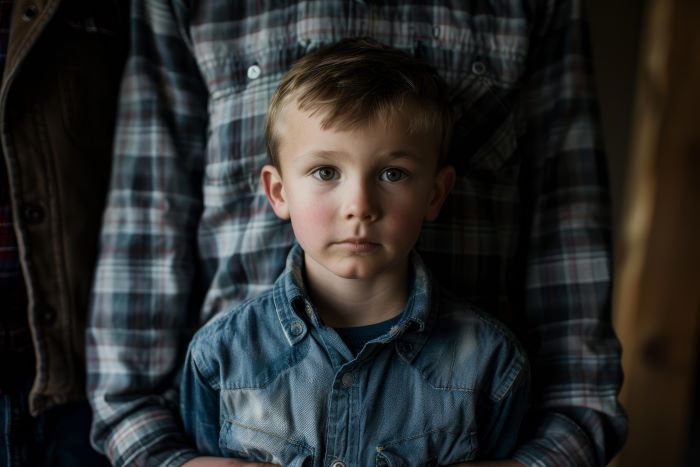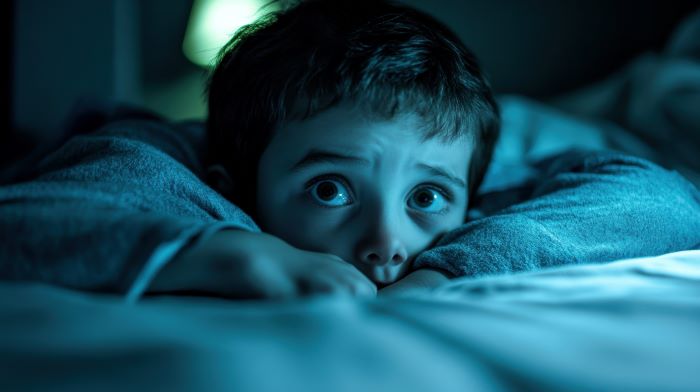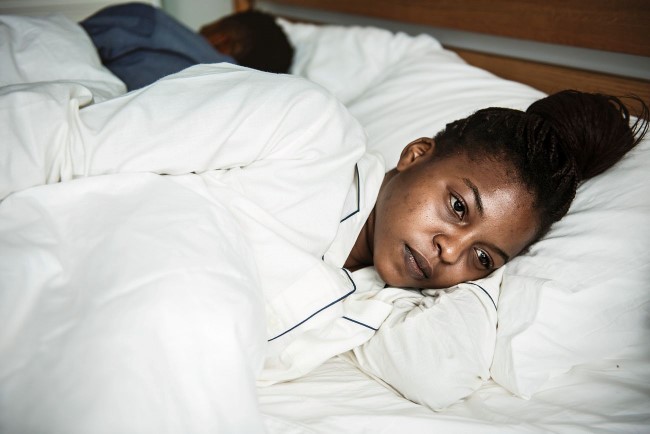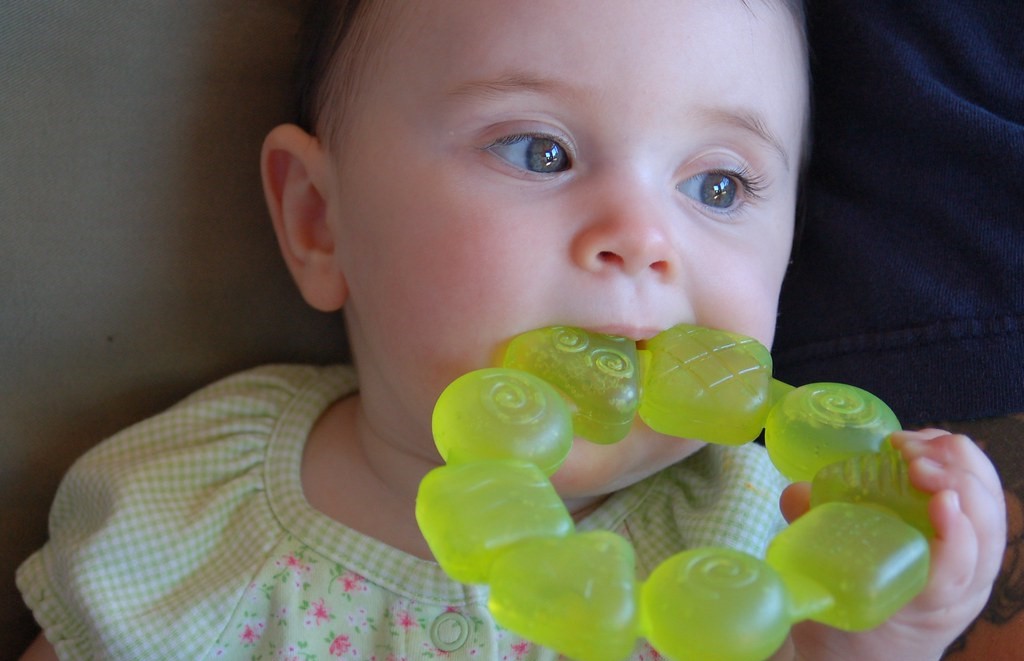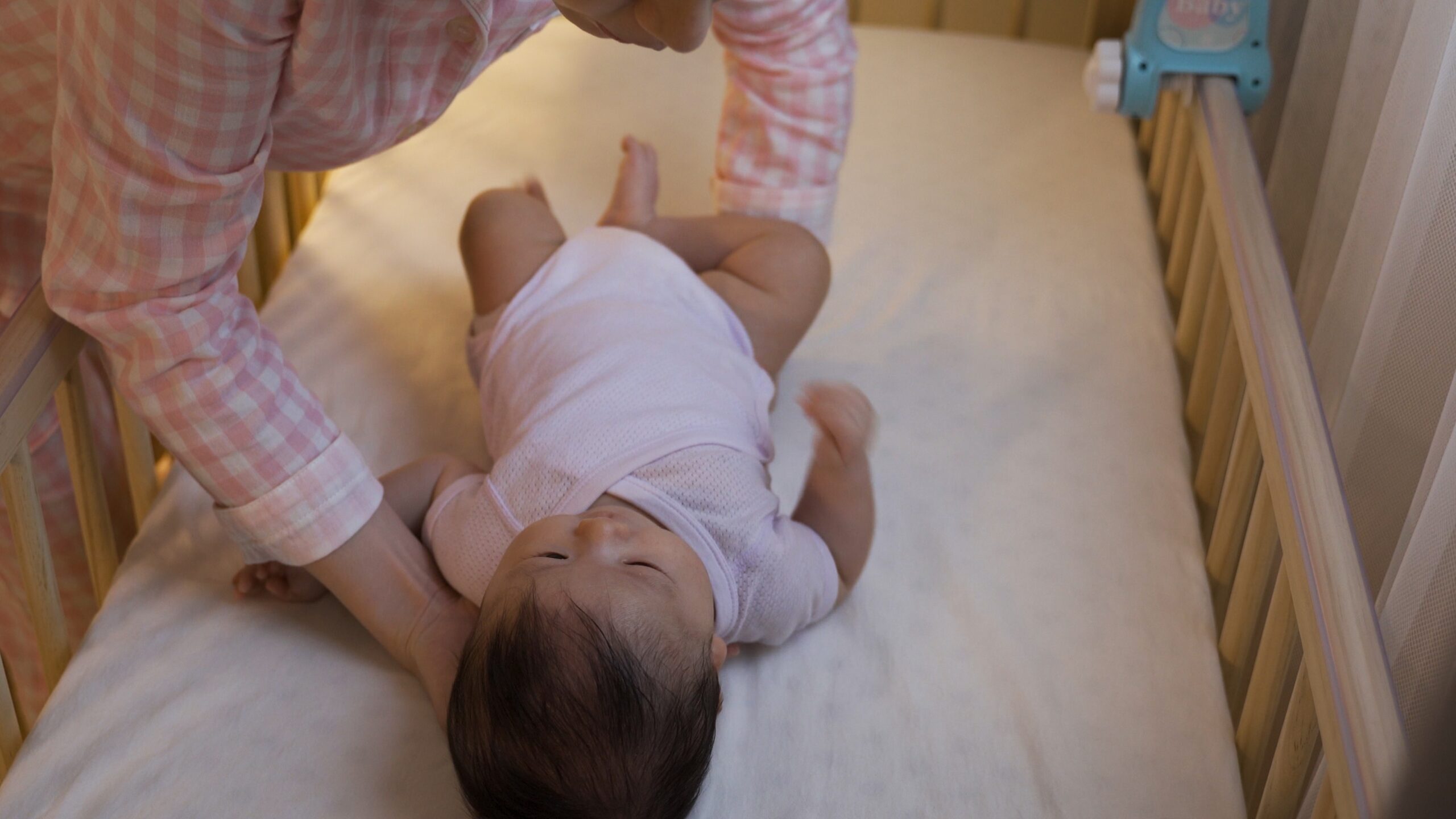How to Prepare Your Child’s Sleep for the Clocks Going Back — October 2025
In the UK, the clocks go back one hour on Sunday, 26 October 2025. That means lighter mornings, darker evenings, and often, disrupted sleep for children.
If your child usually wakes at 6:30 am, the clock change means they’ll now wake at 5:30 am by the new time. This sudden shift often shows up as early rising, cranky mornings, and bedtime battles.
The good news? With a little planning in the days leading up to the change, you can help your child adjust smoothly.
Why the autumn clock change is the trickiest
When the clocks go forward in spring, children often “sleep in” by the new time, which many parents welcome.
But when the clocks go back in autumn, the opposite happens: mornings come an hour earlier, which is much harder to manage.
Babies and young children rarely “add” an extra hour of sleep. Instead, their day starts too early, and the knock-on effect is overtiredness later in the day.
That’s why this transition benefits from more preparation and a gentler lead-in.

The science behind sleep and time shifts
Children’s body clocks don’t reset as quickly as adults’, and many little ones are naturally “larks, early risers by temperament. These children wake at the crack of dawn, and asking them to stay asleep even later after the autumn clock change can feel impossible without support.
Here’s why the autumn shift is especially tricky:
-
Babies and young children often run earlier. While older children and adults are more likely to drift later, many babies and toddlers are wired to wake early. For these little “larks,” the autumn change pushes mornings even earlier, making adjustment harder.
-
Gradual changes work best. Move bedtime later in small steps of 10–15 minutes every 2–3 days, not every night. This slower pace gives the morning wake-up a chance to catch up. Moving too fast can backfire; children may still wake early, end up overtired, and then struggle to fall asleep at the new bedtime because they’re “wired.”
-
Routines are protective. Familiar cues such as a bath, story, cuddle, and lights out — act as strong signals to the brain that sleep is coming, helping to smooth over the disruption of the clock change.
How to Help Your Child Adjust to the Clock Change
Tip 1: Gradually adjust bedtime ahead of the clock change
Start preparing your child’s body clock about 10 to 12 days before the clock changes. Shift their bedtime 15 minutes later every three nights. For example, if they normally go to bed at 7:30 p.m., move it to 7:45 p.m. After three days, shift it again to 8:00 p.m. Initially, your child may still wake at the same time, but this gradual change will help their body adjust to the new time without sudden disruptions. Don’t forget to adjust naps, meals, and milk feeds along with bedtime.
Tip 2: Use natural light to your advantage
Natural light is one of the biggest influences on our circadian rhythm (body clock). Encourage your child to spend time outdoors, especially in the afternoon. Exposure to natural light will help them stay awake longer, making it easier to adjust to the new bedtime.
Tip 3: Create a calming, consistent bedtime routine
In the hour leading up to bedtime, it’s important to help your child wind down. Aim for quiet activities like reading a book or singing soft lullabies. Avoid bright light, research shows that bright light can delay melatonin production, making it harder for your child to fall asleep.

Age-by-age adjustments
Babies & toddlers
-
Move naps, feeds, and bedtime gradually later.
-
Use blackout blinds to keep the room dark in the early morning.
Pre-schoolers and school children
- Set up a visual wake-up cue: To help your child understand when it’s time to wake up, try setting up a lamp on a timer in their bedroom. Set the light to turn on 15 minutes later than their current wake-up time, and encourage them to stay in bed until the light comes on, even if initially this means you staying with them to help them make that connection. Praise them for staying in bed, and gradually adjust the light to come on later as bedtime shifts.
- Plenty of daylight in the morning and dim light before bed.
- Shift dinner and reading times gradually later in line with a later bedtime.
Teenagers
- During adolescence, body clocks naturally shift later, which is why many teens prefer late nights and lie-ins.
- The autumn clock change often helps them: when the clocks go back, mornings feel a little easier because they can wake later by the new time.
- Encourage them to take advantage of this reset by sticking to a consistent wake-up time, even on weekends, to avoid slipping back into very late nights.
- Morning daylight exposure remains important — it helps set their body clock and boosts mood and alertness for school.
- Keep screens off for at least an hour before bed. Even if the autumn shift feels easier, late-night scrolling can still delay sleep and eat into the extra rest they could be getting.
If your child still wakes too early
-
Hold a gentle boundary (e.g. don’t start the day before 6 am).
-
Keep the room dark until your chosen wake time, then open blinds to let in natural light.
-
If early rising continues, nudge bedtime later by 5–10 minutes every few nights, while keeping overall sleep needs in mind.
Final thought
Clock changes are disruptive for everyone, but with planning and consistency, you can avoid the worst of the early mornings.
If your child is still struggling with sleep beyond the clock change, tailored support can make all the difference.
Need personalised advice? Our Millpond Sleep Clinic team has over 30 years’ experience helping families find better sleep.
